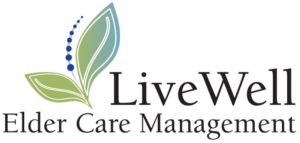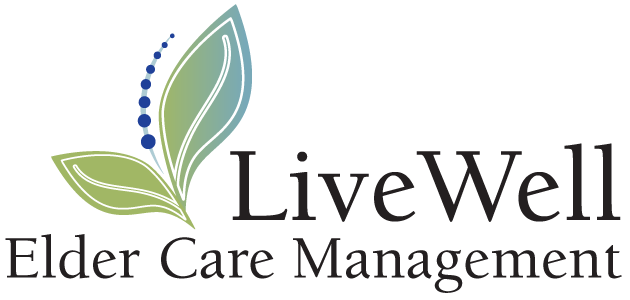Hospital to rehab, or hospital to home

Medical advocacy is paramount when dealing with a hospital discharge. Our care managers have experience in all the settings of health care: Hospital, home health, rehab, assisted living, nursing homes, home care. We are intimate with the eligibility requirements and the full range of benefits available with each provider.
Hospital discharge
Hospitals can be inclined to send patients home before they or the family are ready. Let us put our experience to work and advise you regarding the wisdom of a home or rehab discharge and what services and equipment need to be in place to ensure a smooth finish to the recovery. Having worked in the greater Leominster area for years, we know and work with the best home care assistance in the area.
And if home is not yet appropriate, we can help with discharge planning, recommending the best skilled nursing facility or best assisted living community in north Middlesex County, north Worcester County and surrounding communities. In addition, we can help you address Medicare regulations so your relative has all available benefits covered. Make sure your loved one is getting the support they have coming to them in the environment most suited to their needs and personality.
Return to top
Advocating in rehab
The care plan meeting is critical to the success of a rehabilitation stay. Our Aging Life Care™ Managers attend all care plan meetings and are active participants. We make sure your loved one’s goals of care stay front and center in all the planning. Too often the fragmented nature of the team winds up treating the individual parts and forgets the whole person. We value and support person-centered care.
Return to top
Preparing the home
Before your relative returns home, we survey the house for necessary rearrangement. We can order and install equipment and supplies as needed (e.g., hospital bed, Hoyer lift, bathroom grab bars). We can also coordinate with home health agencies and in-home care to be sure your loved one has the support needed to continue smoothly in their recovery.
Return to top
Preventing a relapse
As many as 20 percent of patients get readmitted within thirty days of discharge. Let us implement strategies to reduce the likelihood of this happening:
- Medication reconciliation. Comparing the medication list before and after the hospitalization to verify all needed prescriptions are purchased and incorporated into your loved one’s medication regimen. Not only do we fill pill boxes, we also use smart pill dispensers to confirm that medication has been taken as directed, with follow-up phone calls if there has been a missed dosage.
- Follow-up visit with appropriate physicians. Critical to a stable recovery is a visit seven to ten days after discharge to be sure your relative’s regular doctors have had a chance to review any changes in the treatment plan and make adjustments as needed.
- Monitoring for red flags of a problem developing. From fevers to weight gain, falls to increased confusion, there are signs that can give warning that your loved one’s health may be turning south. Let us monitor the situation so we can address a problem before it becomes a crisis dash to the ER.
Return to top
Streamlining transitions
Everyone deserves dignity as they age. Beyond handling the physical logistics, our goal is to create support systems that emphasize what clients can still do while providing support in a manner that addresses the emotional aspects of change. This also includes helping you as a family understand when abilities have altered such that a new set of care priorities is most appropriate to your loved one’s needs and personal values. We are happy to conduct a family meeting in person or via video chat. It’s important that everyone gets on board emotionally to support your relative on the next step of their journey.
Return to top



